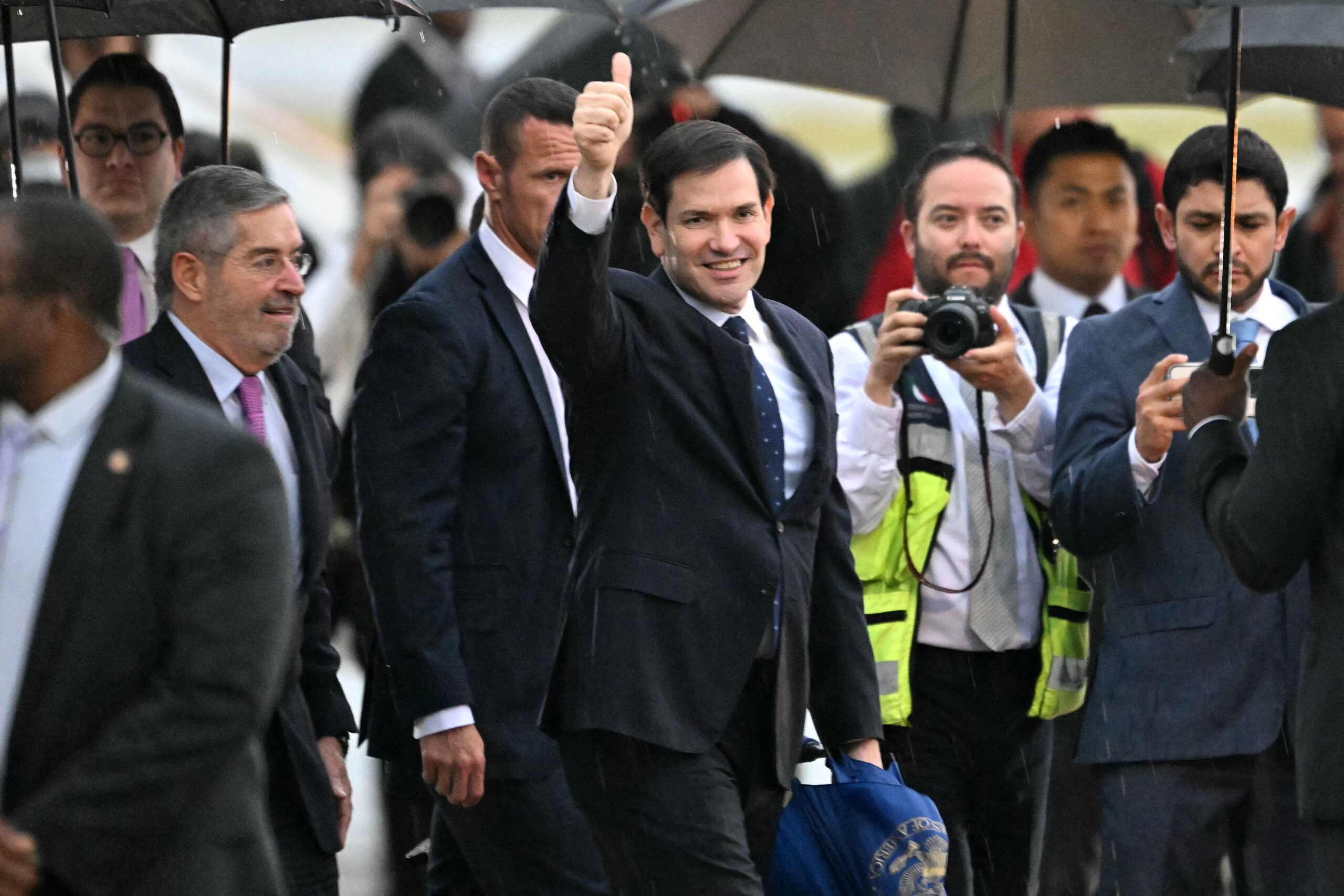- September 9, 2025
Trump deadly boat strike: a diversion from mass Venezuelan deportations?

On Sept. 3, just one day after Trump unveiled the strike on the alleged drug boat, his Department of Homeland Security declared an end to Temporary Protected Status (TPS) for Venezuela, a status granted by former President Biden in 2021 to about 268,000 Venezuelan immigrants.
This latest expulsion followed an earlier Trump order revoking TPS protections granted by Biden in 2023 to another 348,000 Venezuelans, which brings the total number of expulsions of Venezuelan immigrants to more than 600,000. More than a migration measure, that’s a demographic earthquake.
Trump insists that he is deporting mainly “criminal aliens.” Yet several studies, including a recent Cato Institute analysis, show that most of the deportees have no criminal records at all. They were waiters, nannies, construction workers — the very people doing jobs that Americans often refuse to touch.
But the DHS deportation announcement was drowned out by the spectacle of the high-seas U.S. strike, and the ensuing speculation that Trump is planning an invasion of Venezuela.
The Trump administration sent at least seven warships, a nuclear submarine and about 2,200 Marines, the elite forces best known for their land operations in U.S. military interventions abroad. It’s a military armada more suited to fighting a war than chasing smugglers in speedboats.
“Bringing amphibious assault ships and cruise missiles to a drug bust is like using a blowtorch to kill a mosquito: overkill,” wrote Eurasia consulting firm head Ian Bremmer in Gzero Media.
Several former U.S. anti-narcotics officials also question Trump’s narrative about the alleged drug boat. Critics note that drug boats usually have two or three crew members — not 11, as in this case. Traffickers want to use as much space as possible for their drug cargo, they explain. Many wonder whether the boat wasn’t carrying refugees instead of drugs.
Critics also question the legality of the strike. Under U.S. law, drug boats are supposed to be interdicted and inspected, with crews prosecuted if drugs are found. You don’t just kill everybody and blow up the evidence before asking questions, they note.
“Mere suspicion of carrying drugs, or merely being pursued in international waters… are not offenses that carry a death sentence, much less summary execution,” the Washington Office on Latin America (WOLA), a human rights group, said.
According to Secretary of State Marco Rubio, Trump himself gave the order to shoot at the boat. “Instead of interdicting it, on the president’s orders, we blew it up, and it’ll happen again,” Rubio told reporters during a visit to Mexico.
While the U.S. attack fueled renewed speculation that Trump is escalating tensions with Venezuela in order to launch an invasion and oust Venezuela’s dictator, that’s not likely to happen. The Trump administration may be trying to encourage a military insurrection in Caracas with the tacit promise of providing U.S. air cover, but you can’t occupy a country of the size of Venezuela with only 2,200 marines.
Frank Mora, a Florida International University professor who served as a senior official in charge of Latin America at the Defense Department, told me that to invade — and more critically, restore order afterward — a country the size of Venezuela, “would require 200,000 or 250,000 troops.”
Trump has said time and again that he is against sending U.S. troops to fight in foreign countries, and was a major critic of the U.S. invasion of Afghanistan. He has not sent U.S. troops to Israel or Ukraine, which are much higher priorities for his administration than Venezuela.
So why sink the boat? In addition to seeking to look tough on drug trafficking and trying to provoke an internal uprising in Venezuela, it was probably to distract media attention from the deportation of Venezuelan TPS holders.
The mass expulsion of Venezuelans and Cubans is a thorny issue within Trump’s base in Florida. Many formerly passionate Trump supporters in Miami have relatives and friends who were legally in the country and now have been stripped of their temporary status.
Many Venezuelan-Americans are also angry over Trump’s decision to renew Chevron’s license to operate in Venezuela, which will inject desperately needed dollars into Venezuela’s economy.
In that context, a show of military force in Caribbean waters, even if it involved a small boat and did not directly hurt the Maduro regime, may have been partly a Trump effort to appease many of his Venezuelan and Cuban voters. The boat sank, and so did the story of Trump’s mass deportations.

